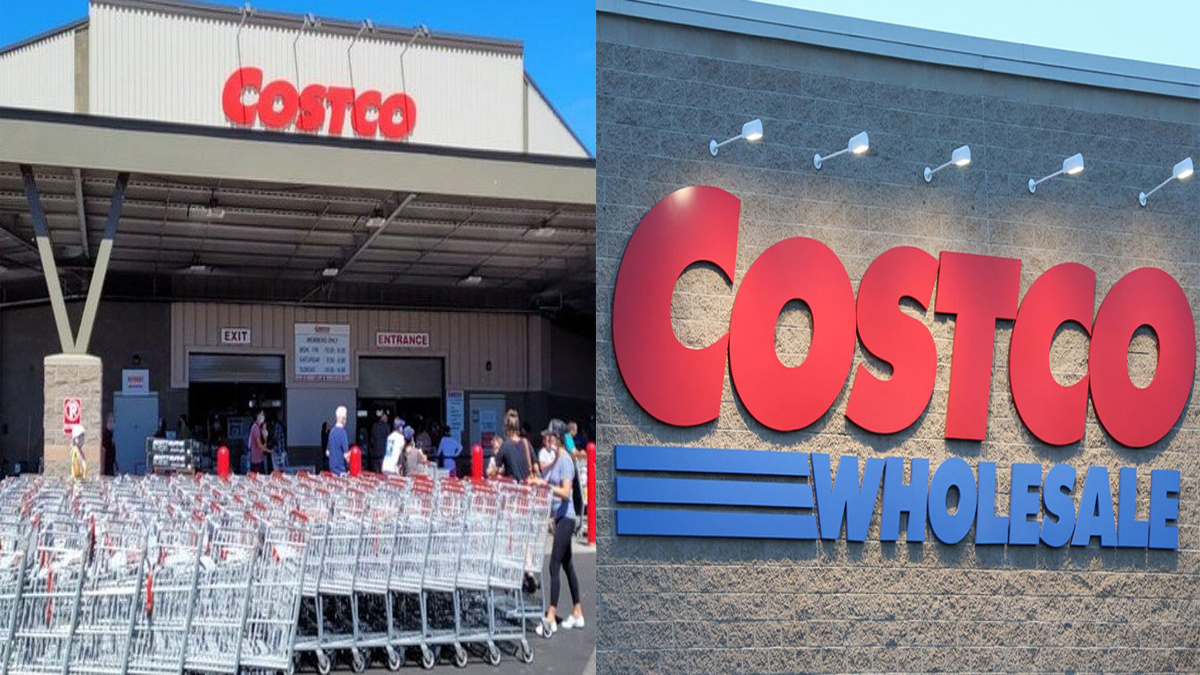Tariffs Trigger Another Stock Market Collapse—Losses Near $5 Trillion As Dow Dives Another 2,000 Points
Topline Investors did not experience the recovery they may have anticipated on Thursday following the historic losses, as stocks once again fell significantly while the market processes President Donald Trump’s tariffs, amidst China imposing a 34% retaliatory tariff on U.S. imports.
Thursday marked the steepest daily drop since 2020 for all three major U.S. indices—the Dow Jones Industrial Average (-4%, or 1,680 points on Thursday), the S&P 500 (-5%), and the tech-focused Nasdaq (-6%)—and the situation worsened on Friday.
The Dow dropped 5.1%, or roughly 2,100 points, by early afternoon, extending its two-day decline to around 3,700 points, while both the S&P and Nasdaq fell about 5.5% each on Friday, resulting in a cumulative 10% drop for the S&P and an 11% decrease for the Nasdaq since Trump’s tariff announcement on Wednesday.
All three indices are down at least 10% from their peak values achieved a few months ago, with the Dow and S&P reaching their lowest levels intraday since May, and the Nasdaq hitting its most affordable point since April—officially entering correction territory—and the Nasdaq falling into a bear market as it traded over 20% below its all-time high in December, marking its first bear market since 2022.
Stocks have declined to their lowest points in several months, with both the Dow and S&P reaching their lowest intraday values since May, while the Nasdaq touched its least expensive level since April.
Beyond the effects of the continued negative sentiment stemming from the tariffs of 10% or more on most imports announced on Wednesday, investors also reacted negatively to the retaliatory measures led by China and Trump’s steadfastness, as the president stated on Friday via social media that his “POLICIES WILL NEVER CHANGE.”
The selloff erased more than $4.9 trillion in market capitalization from stocks listed on the S&P, according to data from FactSet, with Apple, Nvidia, and Tesla comprising a combined loss exceeding $1 trillion.
Which Stocks Have Declined The Most Due To Tariffs?
Shares of American companies heavily reliant on China for a significant share of their revenues were especially impacted, with the iPhone maker Apple, coffee giant Starbucks, and Elon Musk’s Tesla each declining by at least 7%. Since Wednesday, the biggest percentage losers among American firms valued at over $100 billion include Citigroup, ConocoPhillips, Boeing, Bank of America, Starbucks, Qualcomm, Morgan Stanley, Goldman Sachs, Advanced Micro Devices, Wells Fargo, and Apple, with shares of each losing 15% or more during the two-day span.
Trump urged Federal Reserve Chairman Jerome Powell to promptly lower interest rates; however, Powell indicated no inclination to do so in a speech on Friday, mentioning it is “too soon” to assess the forthcoming monetary policy decisions. Powell did, however, issue a stark warning about the economic repercussions of tariffs, forecasting that they would lead to “higher inflation and slower growth.”














Post Comment